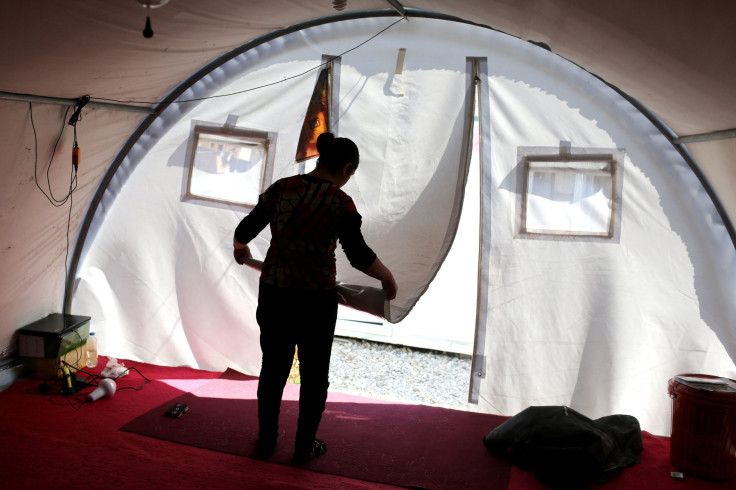Social Isolation And Loneliness Can Cause Premature Deaths

Experts say loneliness and social isolation can be attributed to the increased mortality rate of people aged 65 and below. A meta-analysis led to the discovery that aside from known risk factors such as obesity and smoking, premature deaths can also have socially related aetiologies.
Psychologists from Brigham Young University in Provo, UT, said that although older adults are more likely to experience loneliness and deaths due to social factors, the incidence of deaths amongst the younger population due to the same causes are also predicted. Lead author Julianne Holt-Lunstad said that these findings should encourage people to take social isolation and loneliness seriously.
Although loneliness and social isolation may sound the same, significant differences between them exists. Nonetheless, experts say that even though individuals are surrounded by other people, both loneliness and isolation can still be felt and result in premature deaths.
The study was conducted by reviewing information from 70 researches performed between 1980 and 2014. The data from approximately 3 million study subjects featured information related to loneliness, social isolation and living alone. The researchers later found that there is indeed a relationship between premature mortality and social isolation, after controlling the some variables, including age, socioeconomic status and presence of co-morbidities. It was also discovered that having social interactions have a positive impact on the participants’ health.
The researchers, however, stated that the data they studied had limited scope in terms of age ranges. Most of the participants were older adults, and less than a quarter were aged below 59 years. Furthermore, individuals aged below 50 were only 9 percent of the entire study population.
The authors of the study also imply that the health effects of obesity is similar to those of social isolation and loneliness, by saying that “[the] heightened risk for mortality from a lack of social relationships is greater than that from obesity ... The current status of research on the risks of loneliness and social isolation is similar to that of research on obesity 3 decades ago - although further research on causal pathways is needed, researchers now know both the level of risk and the social trends suggestive of even greater risk in the future," the researchers write.
Although technological advancement enables individuals to communicate with more people, the feelings of social isolation and loneliness are still on the rise. Co-author Tim Smith said, "Not only are we at the highest recorded rate of living alone across the entire century, but we're at the highest recorded rates ever on the planet," says co-author Tim Smith. "With loneliness on the rise, we are predicting a possible loneliness epidemic in the future." The researchers hope to raise awareness despite the above-mentioned limitations in their study.
To contact the writer, email rinadoctor00@gmail.com





















